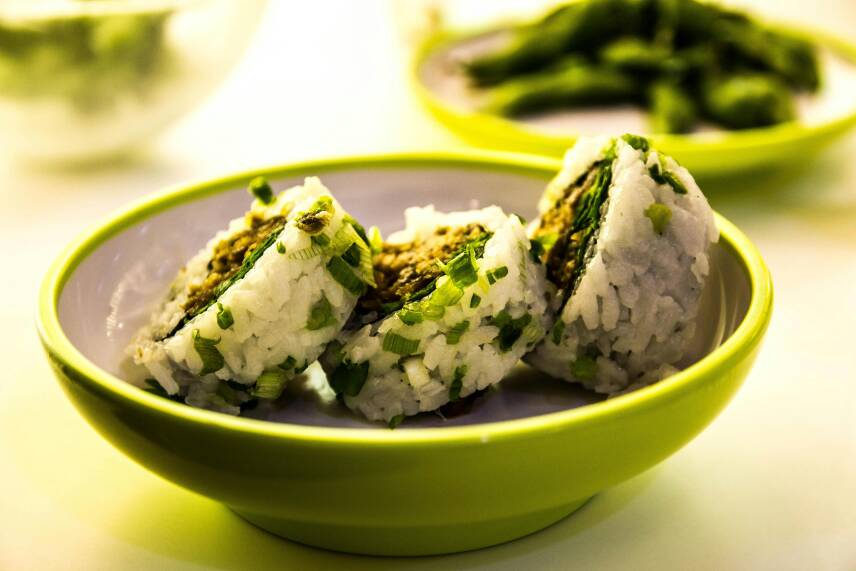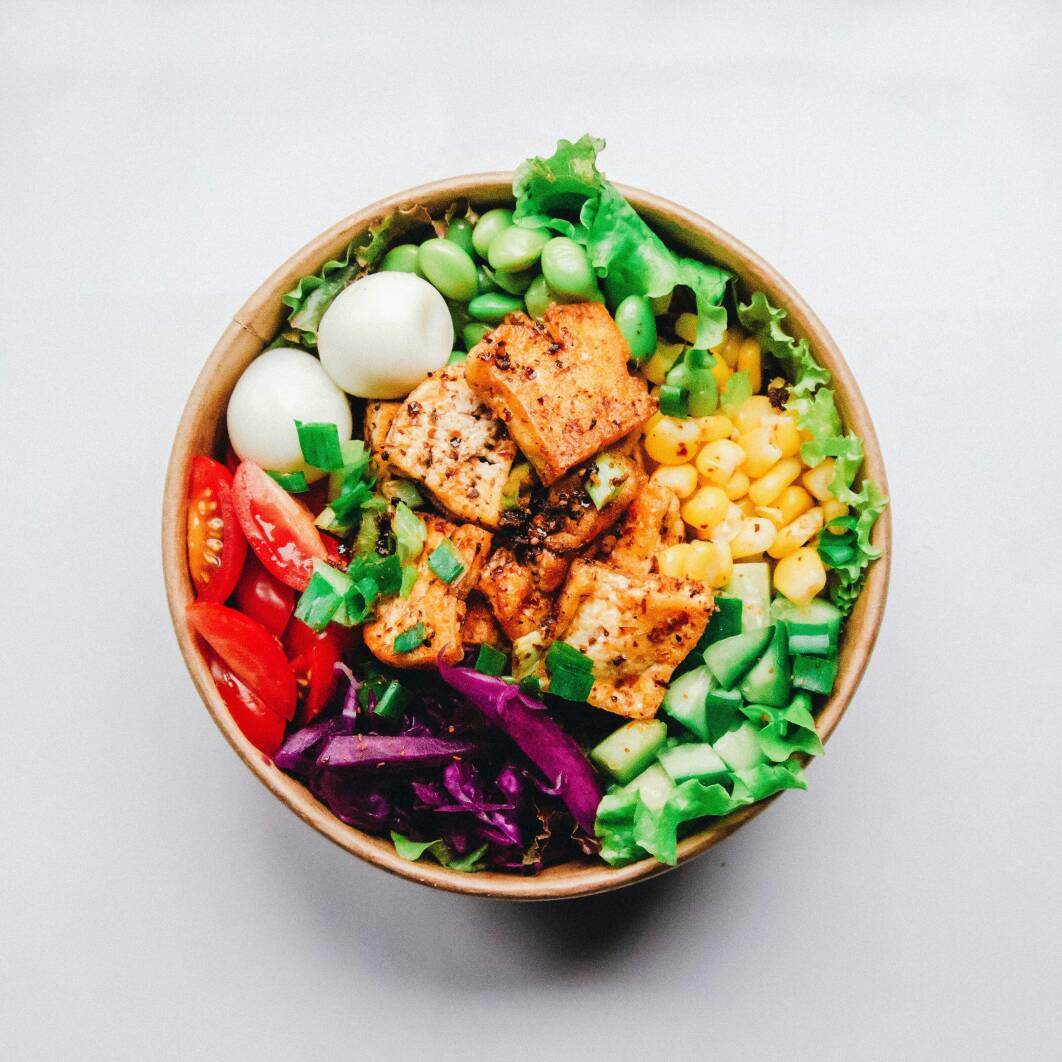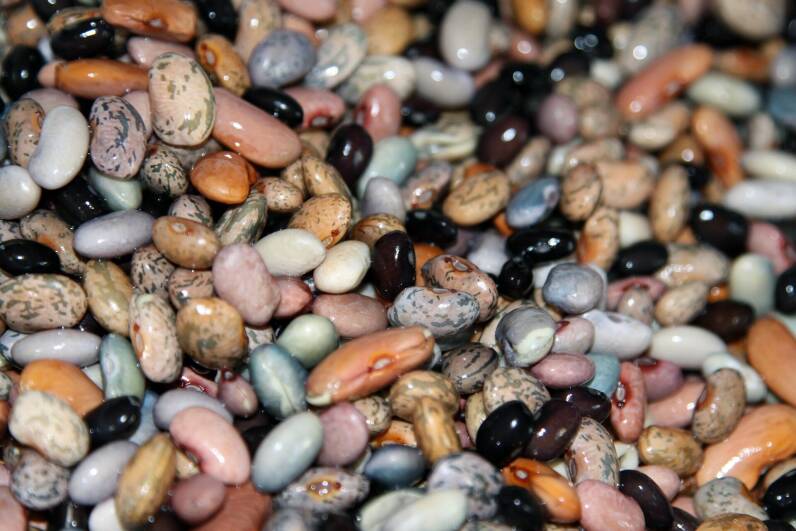
Food is life. Food is energy, health, and happiness. With the global population now over 8 billion people, we need to work together to make sure everyone has access to nutritious, high-quality, tasty food. By 2050, the world will need to grow around 60%1 more food to feed nearly 10 billion people. In the Netherlands, with its 18 million residents, innovative farming helps meet these demands, but the challenge remains. Right now, almost 3 billion people around the world don’t get enough essential vitamins and minerals, showing just how crucial it is to find better ways to produce and distribute healthy food for everyone.
and healthy food

Farming the future together
The urgency to combat climate change and ensure food security has never been greater. As the second-largest agricultural exporter, the Netherlands plays a pivotal role in climate-proofing food systems. By focusing on innovations like sustainable proteins and controlled environment agriculture, and through partnerships with nations like Japan, we can create a resilient, sustainable, and healthy future for all. Join us in farming the future, together.

Sustainable alternative proteins
The Netherlands brings valuable expertise in functional food and personalized nutrition, with innovations and sustainable practices that could complement Japan’s food system. World-renowned Dutch research institutions conduct extensive research on bioactive compounds and developing foods that support better health, while advancements in genomics and AI are helping to tailor nutrition to individual needs. The Netherlands also prioritises sustainable food production, focusing on reducing waste and promoting eco-friendly practices. By sharing our knowledge and fostering collaboration, we hope to support Japan in addressing global food challenges and enhancing public health together.
For the Netherlands, producing and distributing healthy and nutritious food is of high priority as it directly impacts public health, well-being, and sustainability. As a country that values innovation and sustainable practices, we focus on developing food solutions that not only improve health outcomes but also promote a balanced, eco-friendly food system for future generations. While resource management is imperative in achieving a sustainable food system, we need to ensure our food is meets societal needs. The development of alternative protein sources alongside animal-based meat, dairy, fish, and eggs provides an excellent opportunity to rise to the challenge. The International Panel on Climate Change (IPCC) report strongly underlines the importance of exploring alternative proteins to stay within planetary boundaries and deal with resource scarcity.
The Netherlands aims to increase the availability of high-quality alternative proteins Our strategy includes the development of land and ocean-based, cell-based and fermentation-based plant proteins for consumers, as well as using insects for animal feed.
The Netherlands has a highly developed and competitive agri-food sector, with a strong emphasis on innovation, intersectoral collaboration and international orientation. These building blocks have also been instrumental in developing an innovative and ambitious alternative protein sector, bound together in an elaborate protein ecosystem in which national and international stakeholders take part. By sharing our knowledge and practices globally, we strive to lead the way in sustainable protein development, ensuring a healthier planet for future.
Common ground: The Netherlands and Japan
Japan, facing challenges such as an aging population, urbanisation, increasing labour shortages, and a heavy reliance on food imports, shares the Netherlands’ goals in the quest for a sustainable food system providing healthy food for all. The Dutch horticulture industry has already forged successful collaborations in Japan, including partnerships in Kochi and Mutsu, where Dutch greenhouse technology has boosted agricultural productivity and efficiency.
International partnerships are part of the Dutch strategy of fostering innovation to ensure global food security. The Netherlands seeks to partner with Japan to address this pressing challenge. By sharing expertise in advanced agricultural technologies and sustainable practices, Dutch and Japanese companies can innovate and implement efficient, eco-friendly farming solutions. This collaboration can enhance resource management, increase crop yields, and reduce environmental impact, benefiting both nations’ agricultural sectors. The Netherlands is committed to promoting diversity and inclusion by involving female entrepreneurs and small-scale producers alongside larger enterprises in these initiatives.



World Expo 2025
Program

Back to top
Food systems around the world are under increased pressure. Population growth, climate change, biodiversity loss, dietary patterns, new trade realities, and food loss and waste all play a role in keeping the system in balance. The Netherlands is working towards a sustainable food system that benefits people, nature, and climate. Our approach centres around creating and facilitating nutritious, accessible, available, and affordable food for everyone. By leveraging advanced technologies and sustainable practices, the Dutch agriculture and horticulture sectors are paving the way for a more resilient, efficient, and fair global food system. From the farmers planting seeds and the animals reared, to the scientists and private sector developing new technologies and retailers bringing food to our tables.
The Netherlands uses a unique framework that fuels economic growth while advancing sustainable practices at the same time. This is born from our aim for a future where innovation serves as a driver for societal benefit. It’s often referred to as the Dutch Diamond, but more formally known as the Dutch Quadruple Helix approach. This framework epitomises a collaborative synergy between knowledge institutes, NGOs, governments, and the private sector. Consumers and society are also not forgotten in this approach. The model fosters innovation by leveraging the strengths of each sector, facilitating partnerships that transcend traditional boundaries. By integrating research expertise with governmental support and entrepreneurial drive, the Quadruple Helix approach accelerates the development and scaling of solutions.
Sustainable food system
